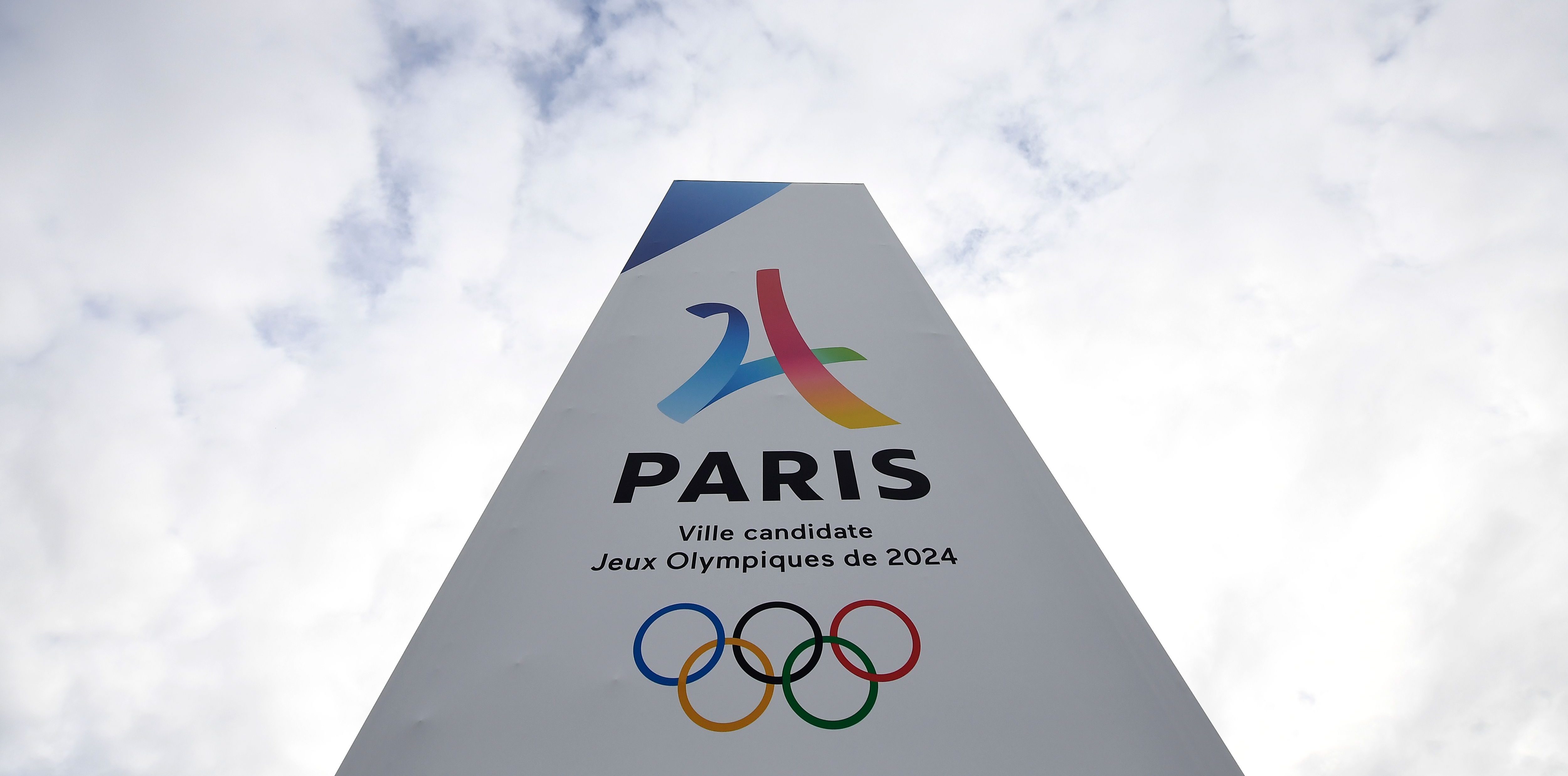Major League Baseball could test robot umpires as part of a challenge system in spring training next year, which could lead to regular-season use in 2026.
MLB has been experimenting with the automated ball-strike system in the minor leagues since 2019 but is still working on the shape of the strike zone.
“I said at the owners meeting it is not likely that we would bring ABS to the big leagues without a spring training test. OK, so if it’s ’24 that leaves me ’25 as the year to do your spring training test if we can get these issues resolved, which would make ’26 a viable possibility,” baseball Commissioner Rob Manfred said Tuesday during a meeting with the Baseball Writers’ Association of America. "But is that going to be the year? I’m not going to be flat-footed on that issue.
“We have made material progress. I think that the technology is good to a 100th of an inch. The technology in terms of the path of the ball is pluperfect.”
We've got the news you need to know to start your day. Sign up for the First & 4Most morning newsletter — delivered to your inbox daily. >Sign up here.
Triple-A ballparks have used ABS this year for the second straight season, but there is little desire to call the strike zone as the cube defined in the rule book and MLB has experimented with modifications during minor league testing.
The ABS currently calls strikes solely based on where the ball crosses the midpoint of the plate, 8.5 inches from the front and the back. The top of the strike zone was increased to 53.5% of batter height this year from 51%, and the bottom remained at 27%.
"We do have technical issues surrounding the definition of the strike zone that still need to be worked out,” Manfred said.
After splitting having the robot alone for the first three games of each series and a human with a challenge system in the final three during the first 2 1/2 months of the Triple-A season, MLB on June 25 switched to an all-challenge system in which a human umpire makes nearly all decisions.
Each team currently has three challenges in the Pacific Coast League and two in the International League. A team retains its challenge if successful, similar to the regulations for big league teams with video reviews.
“The challenge system is more likely or more supported, if you will, than the straight ABS system,” players' association head Tony Clark said earlier Tuesday at a separate session with the BBWAA. "There are those that have no interest in it at all. There are those that have concerns even with the challenge system as to how the strike zone itself is going to be considered, what that looks like, how consistent it is going to be, what happens in a world where Wi-Fi goes down in the ballpark or the tech acts up on any given night.
“We’re seeing those issues, albeit in minor league ballparks," Clark added. "We do not want to end up in a world where in a major league ballpark we end up with more questions than answers as to the integrity of that night’s game or the calls associated with it.”
Playing rules changes go before an 11-member competition committee that includes four players, an umpire and six team representatives. Ahead of the 2023 season, the committee adopted a pitch clock and restrictions on defensive shifts without support from players.




